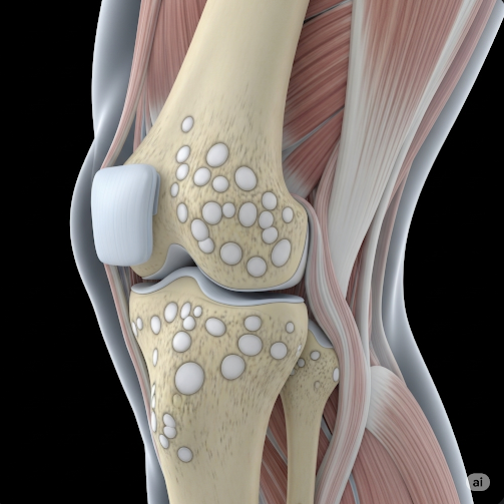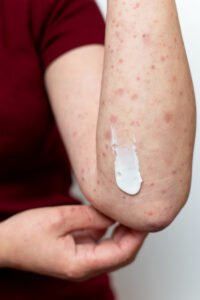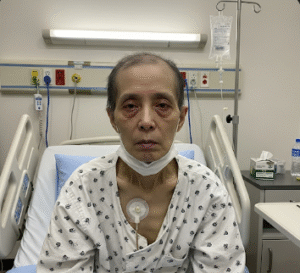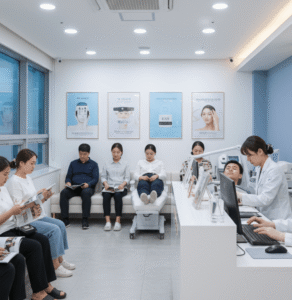Overview
Osteopoikilosis is a rare, benign bone disorder characterized by the presence of multiple small, round or ovoid areas of increased bone density (sclerotic spots) scattered throughout the skeleton. It is usually discovered incidentally during imaging tests and typically does not cause symptoms or complications. In Korea, advanced radiology services allow accurate diagnosis to differentiate osteopoikilosis from more serious bone conditions.
What is Osteopoikilosis?
Osteopoikilosis is a hereditary bone dysplasia caused by a genetic mutation that leads to the formation of numerous dense bone islands within the spongy bone. These bone islands, called “bone spots,” are usually symmetrical and found in the hands, feet, pelvis, and long bones. The condition is non-progressive and considered harmless.
Symptoms
Most individuals with osteopoikilosis are asymptomatic and discover the condition incidentally. Rarely, some may experience:
- Mild joint pain or stiffness
- Occasional discomfort in affected areas
Causes
Osteopoikilosis is caused by mutations in the LEMD3 gene, inherited in an autosomal dominant pattern. This mutation affects bone development and remodeling, leading to the characteristic sclerotic bone lesions.
Risk Factors
Since osteopoikilosis is a genetic condition, risk factors include:
- Family history of osteopoikilosis or related bone dysplasias
- Inherited genetic mutations
Complications
Osteopoikilosis generally does not cause complications or impact overall health. It is considered a benign condition with no increased risk of fractures or bone deformities.
Prevention
As a genetic condition, osteopoikilosis cannot be prevented. Genetic counseling may be offered to families with a history of the disorder.
Treatment Options in Korea
No treatment is usually necessary for osteopoikilosis due to its benign nature. However:
- Diagnostic imaging: X-rays and MRI are used to confirm diagnosis and rule out other bone diseases.
- Symptom management: Rare cases with joint discomfort may benefit from pain relief or physical therapy.
- Genetic counseling: Offered to affected families to provide information and support.
Korean healthcare centers have the capability to accurately diagnose osteopoikilosis through imaging and genetic testing, ensuring proper differentiation from pathological bone conditions and providing reassurance to patients.













